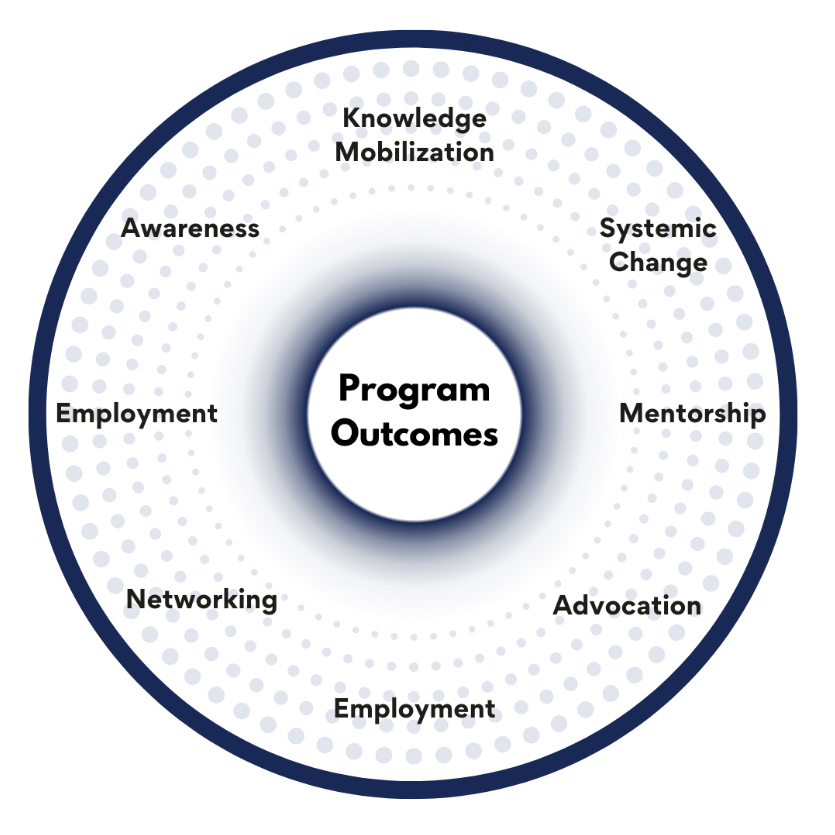The Indigenous CREATE Program is located at the Clayton H Riddell Faculty of Faculty of Environment, Earth and Resources, at the University of Manitoba. Although the University of Manitoba is the host institution, our program is grounded in a collaboration with two other postsecondary institutions, Lakehead University in NW Ontario, and University College of the North in Thompson and The Pas, Manitoba. This program takes place across treaty territories 1 through 5 with adhesions in Manitoba, and Treaty 60 (Robinson Superior Treaty of 1850) in Ontario.
The University of Manitoba is located on the traditional territories of the Anishinaabe, Cree (Innini/Ithine), Anishininew (Oji-Cree), and Dene Peoples and the homeland of the Red River Métis. We respect the Treaties and other agreements that were made on these territories. We acknowledge the injustice and harms of the past, many of which continue today. Many of these harms have also been and are still being perpetuated by postsecondary institutions across the country, including the University of Manitoba. However, we are committed to addressing such harms and injustice and moving forward in active partnership with Indigenous communities in a spirit of reconciliation and solidarity.
In Winnipeg, we acknowledge that our water comes from Shoal Lake 40 First Nation located on Treaty 3 territory. This water sustains the University, yet the residents of Shoal Lake 40 First Nation have been on a boil water advisory for 20+ years. Additionally, we also acknowledge that our Hydropower on campus comes from 16 generating stations located across Treaty Territories 1, 2, 3, 4, and 5. We have seen the direct devastation that this resource extraction has caused to Northern Indigenous communities and have been striving to work in collaboration with community members to understand our direct impacts from the south better.
The University College of the North (UCN) has campuses and regional centers in The Pas and Thompson on Treaty 5 lands, the traditional territories of the Cree, Dene, Red River Métis, and Oji-Cree; whose relationship to the land creates a rich heritage for our northern learning community and have continuously maintained homelands in northern Manitoba since time immemorial. The First Nations in the area that UCN serves entered into treaty relationships with the Crown; these include signatories to treaties 4, 5 — and the Treaty 5 adhesion, and treaty 6 – located within the Treaty 5 adhesion. The territory has also become home to other Indigenous peoples. UCN upholds the treaties and collaborates with all Indigenous peoples to share truth, reconciliation, and learning.
Lakehead University has campuses located on the traditional lands of Fort William First Nation, Signatory to the Robinson Superior Treaty of 1850 (Treaty 60) and the Ojibwe, Odawa, and Pottawatomi nations, collectively known as the Three Fires Confederacy. The Robinson Superior Treaty was in part made to open mineral resource exploration and mining. We acknowledge the impacts that mining and resource extraction have had and continue to have on First Nations communities.
By supporting and expanding on the excellence of existing Indigenous initiatives and working with a wide diversity of public, non-profit and private sector partners, our CREATE programme will have a substantial impact on environment-related research training and employment now and in ways that can be sustained for future generations.
Our focus on Indigenous trainees, decolonizing postsecondary institutions and celebrating Indigenous ways of knowing reflect our commitment to Equity, Diversity, and Inclusion at every stage, whether related to the trainees themselves, the composition of our research team, and/or the diversity of the collaborators.
Inspiring minds through innovative and quality teaching; driving discovery and insight through excellence in research, scholarly work, and other creative activities; building on-campus and external community that creates an outstanding learning and working environment, forging connections to foster high-impact community engagement; and creating pathways to Indigenous achievement.
